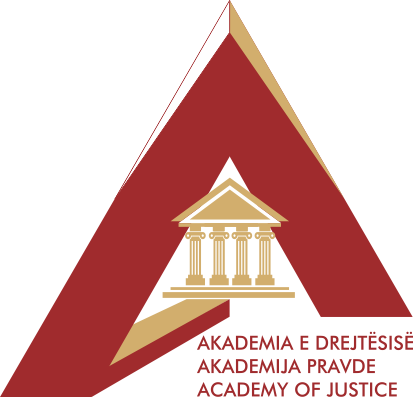The Kosovo Justice Academy in cooperation with the Council of Europe invites interested legal professionals to apply for tutored Human Rights Education for Legal Professionals (HELP) Course[1] on Judicial Reasoning and Human Rights. The course is purposed for relevant legal practitioners in judiciary including judges, prosecutors, legal associates and legal officers in judiciary.
Well-reasoned judicial decisions are not simply a legal obligation; they also serve multiple purposes. Reasoned judgments demonstrate to the parties that their arguments have been heard and considered. Through adequate reasoning, parties to the proceedings can understand why and how the judge came to a certain conclusion and, therefore, consider the need for appeal. Good reasoning also facilitates acceptance of the judgment by the parties and by the general public. Finally, well-reasoned judicial decisions are a safeguard against arbitrary adjudication and ensure the proper delivery of justice, but also public trust in the judicial system.
In deciding cases at the domestic level, the courts are usually obliged under domestic law to provide detailed reasoning to their judgments. However, substantial obligations concerning the content of that reasoning stem also from the European Convention on Human Rights (the ECHR), as interpreted by the European Court of Human Rights (the ECtHR) in its case-law.

